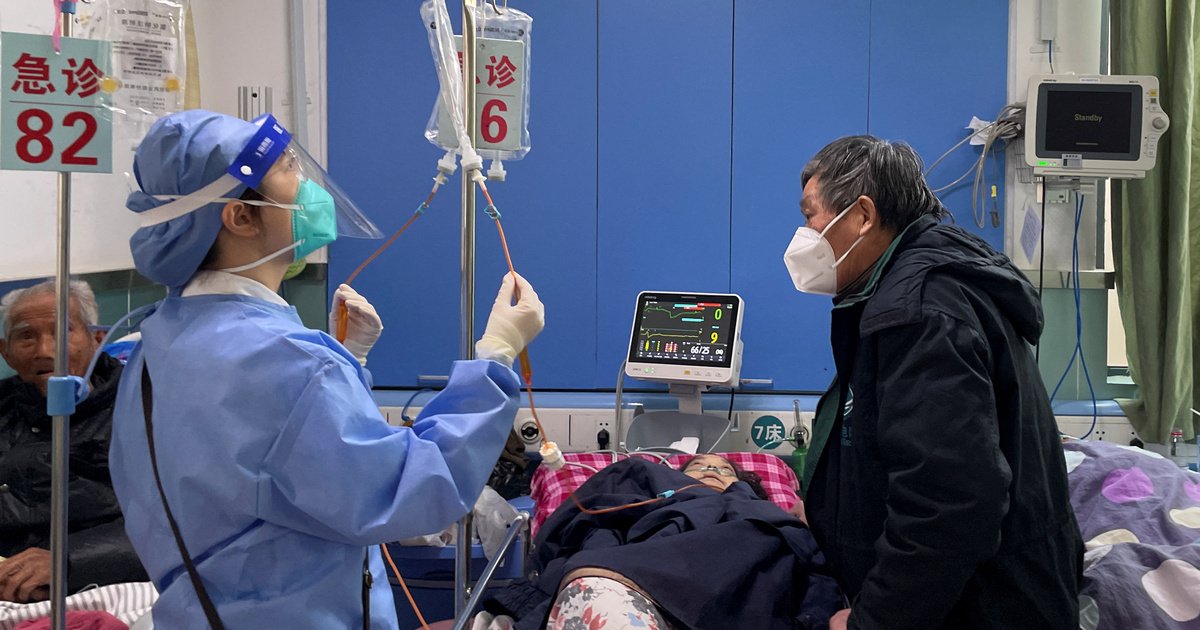In a recent advisory, the U.S. Centers for Disease Control and Prevention urged everyone, regardless of age, to consider the updated COVID-19 shot for protection against the potentially severe outcomes of the illness this coming fall and winter.
Poor Uptake Despite Urgent Recommendations
Despite the CDC's recommendation, statistics reveal a disappointing uptake of the updated 2023-24 COVID-19 shot. As of October 14, only 7.1% of adults and a mere 2.1% of children had received the updated shot. This stark contrast between intended uptake and actual vaccinations poses a concerning trend, indicating widespread hesitancy among the public.
Challenges in Rollout and Distribution
The low uptake has been partly attributed to challenges during the rollout, including limited supplies, appointment cancellations, and billing discrepancies encountered by individuals seeking the updated shots. The transition from a federal distribution system to commercial markets also contributed to the initial hiccups in accessibility and availability.

Effectiveness COncerns: The Omicron Factor
Questions loom over the efficacy of the updated shot, specifically targeting the XBB.1.5 Omicron subvariant. However, as the virus continues to evolve, there are apprehensions that this particular strain might have been overtaken, potentially rendering the updated shots less effective or even obsolete.
Evolutionary Challenges and Immune Escape
The rapid mutation rate of SARS-CoV-2 poses signficiant challenges. Reports indicate that the virus accumulates mutations at a pace surpassing other human viruses, raising concerns about the ability of the vaccines to keep pace with the virus's evolution.
Original Antigenic Sin: A Potential Barrier to Future Vaccines
The concept of original antigenic sin (OAS) presents a complex challenge for next-generation COVID vaccines. Early exposure to a virus may influence the immune system's response to subsequent infections or vaccines, potentially limiting the effectiveness of future COVID-19 shots.
Safety and Efficacy Concerns Driving Hesitancy
Public concerns regarding side effects and long-term studies on the vaccine's safety contribute significantly to the reluctance to receive the COVID-19 shot. Reports of adverse events, including strokes and myocarditis, have further fueled skepticism among potential recipients.
Conclusion: An Ongoing Dilemma
The reluctance to opt for the updated COVID-19 shot persists despite urgent recommendations. Safety concerns, doubts about effectiveness against evolving variants, and apprehensions regarding immune response continue to shape public opinion and decisions regarding vaccination.
Free Speech and Alternative Media are under attack by the Deep State. Chris Wick News needs your support to survive.
Please Contribute via GoGetFunding


